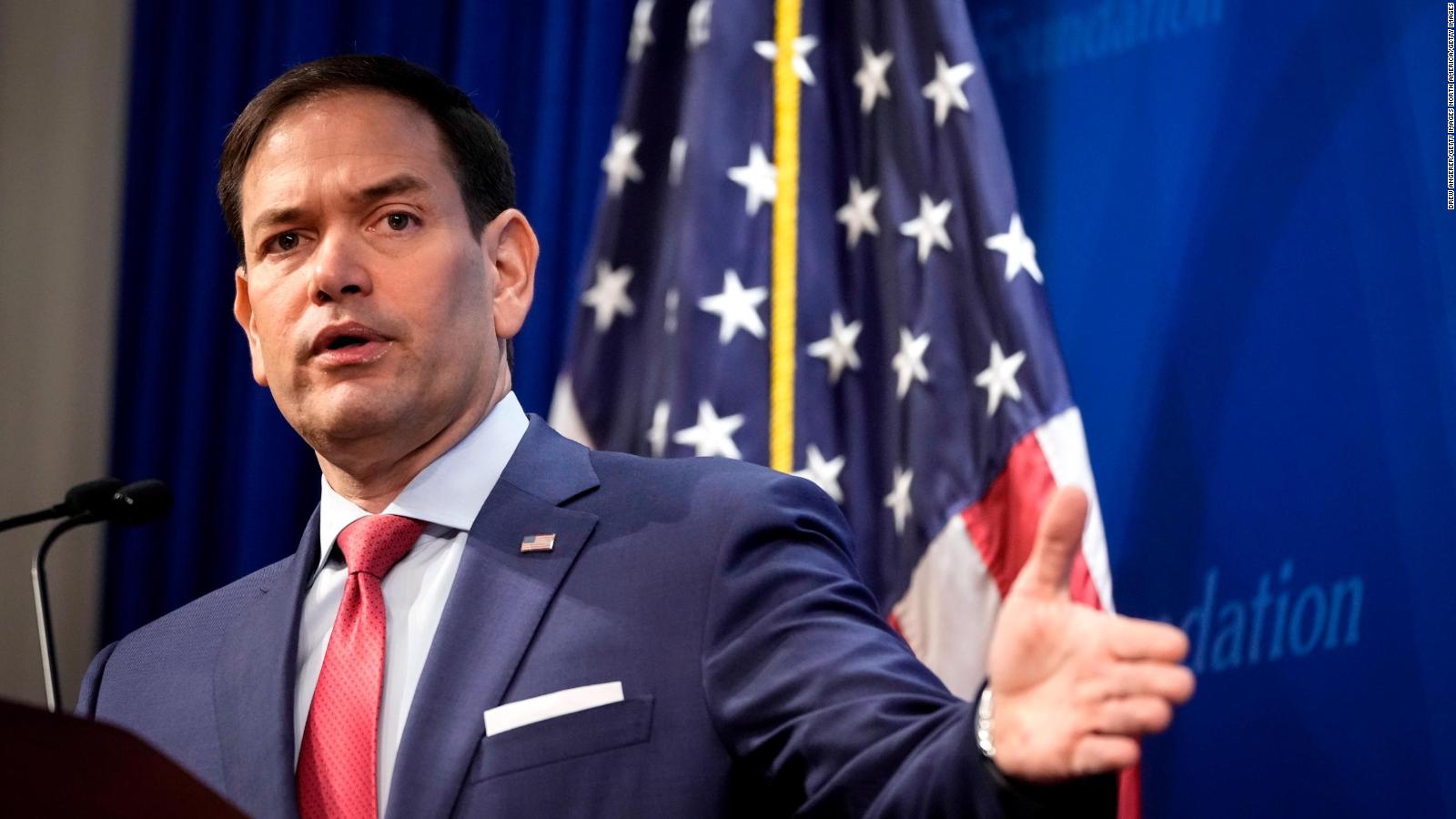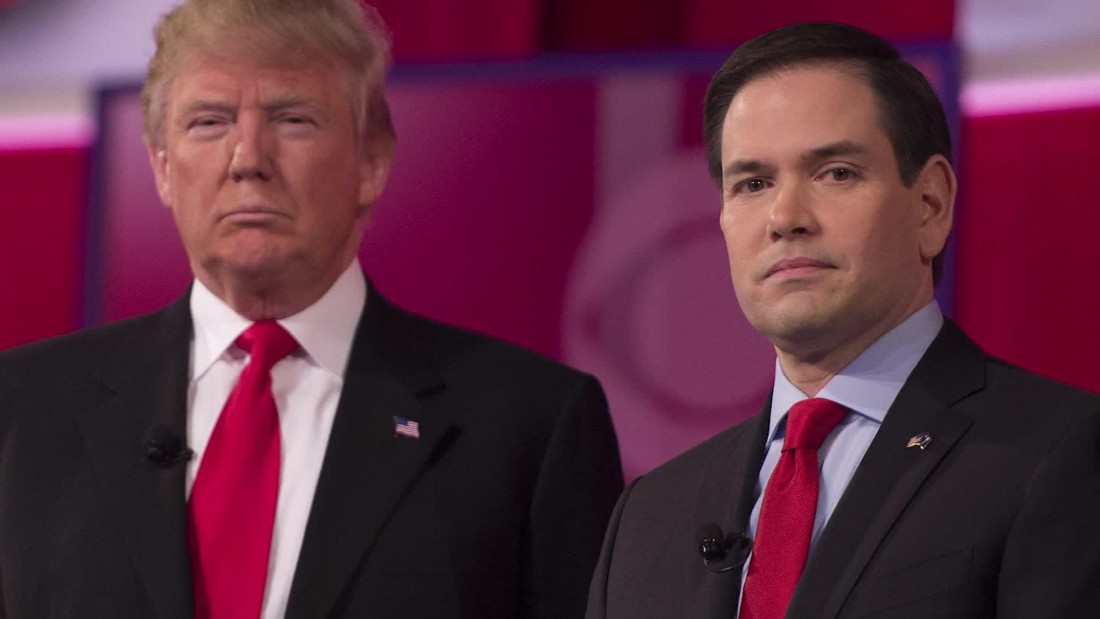Hello, in this particular article you will provide several interesting pictures of marco rubio secretario de estado de trump. We found many exciting and extraordinary marco rubio secretario de estado de trump pictures that can be tips, input and information intended for you. In addition to be able to the marco rubio secretario de estado de trump main picture, we also collect some other related images. Find typically the latest and best marco rubio secretario de estado de trump images here that many of us get selected from plenty of other images.
 We all hope you can get actually looking for concerning marco rubio secretario de estado de trump here. There is usually a large selection involving interesting image ideas that will can provide information in order to you. You can get the pictures here regarding free and save these people to be used because reference material or employed as collection images with regard to personal use. Our imaginative team provides large dimensions images with high image resolution or HD.
We all hope you can get actually looking for concerning marco rubio secretario de estado de trump here. There is usually a large selection involving interesting image ideas that will can provide information in order to you. You can get the pictures here regarding free and save these people to be used because reference material or employed as collection images with regard to personal use. Our imaginative team provides large dimensions images with high image resolution or HD.
 marco rubio secretario de estado de trump - To discover the image more plainly in this article, you are able to click on the preferred image to look at the photo in its original sizing or in full. A person can also see the marco rubio secretario de estado de trump image gallery that we all get prepared to locate the image you are interested in.
marco rubio secretario de estado de trump - To discover the image more plainly in this article, you are able to click on the preferred image to look at the photo in its original sizing or in full. A person can also see the marco rubio secretario de estado de trump image gallery that we all get prepared to locate the image you are interested in.
 We all provide many pictures associated with marco rubio secretario de estado de trump because our site is targeted on articles or articles relevant to marco rubio secretario de estado de trump. Please check out our latest article upon the side if a person don't get the marco rubio secretario de estado de trump picture you are looking regarding. There are various keywords related in order to and relevant to marco rubio secretario de estado de trump below that you can surf our main page or even homepage.
We all provide many pictures associated with marco rubio secretario de estado de trump because our site is targeted on articles or articles relevant to marco rubio secretario de estado de trump. Please check out our latest article upon the side if a person don't get the marco rubio secretario de estado de trump picture you are looking regarding. There are various keywords related in order to and relevant to marco rubio secretario de estado de trump below that you can surf our main page or even homepage.

 All marco rubio secretario de estado de trump images that we provide in this article are usually sourced from the net, so if you get images with copyright concerns, please send your record on the contact webpage. Likewise with problematic or perhaps damaged image links or perhaps images that don't seem, then you could report this also. We certainly have provided a type for you to fill in.
All marco rubio secretario de estado de trump images that we provide in this article are usually sourced from the net, so if you get images with copyright concerns, please send your record on the contact webpage. Likewise with problematic or perhaps damaged image links or perhaps images that don't seem, then you could report this also. We certainly have provided a type for you to fill in.
 The pictures related to be able to marco rubio secretario de estado de trump in the following paragraphs, hopefully they will can be useful and will increase your knowledge. Appreciate you for making the effort to be able to visit our website and even read our articles. Cya ~.
The pictures related to be able to marco rubio secretario de estado de trump in the following paragraphs, hopefully they will can be useful and will increase your knowledge. Appreciate you for making the effort to be able to visit our website and even read our articles. Cya ~.
 Trump elige al senador Marco Rubio como secretario de Estado: NYT
Trump elige al senador Marco Rubio como secretario de Estado: NYT
 Trump deve escolher Marco Rubio como secretário de Estado, diz fonte
Trump deve escolher Marco Rubio como secretário de Estado, diz fonte
 Donald Trump elige al senador Marco Rubio como secretario de Estado
Donald Trump elige al senador Marco Rubio como secretario de Estado
/i.s3.glbimg.com/v1/AUTH_da025474c0c44edd99332dddb09cabe8/internal_photos/bs/2024/B/D/tmXNS9Rgq6mTQpFDzCYQ/109122606-files-florida-senator-marco-rubio-speaks-during-the-second-day-of-the-2024-republican.jpg) Trump completa escolha dos altos cargos do governo com secretária de
Trump completa escolha dos altos cargos do governo com secretária de

